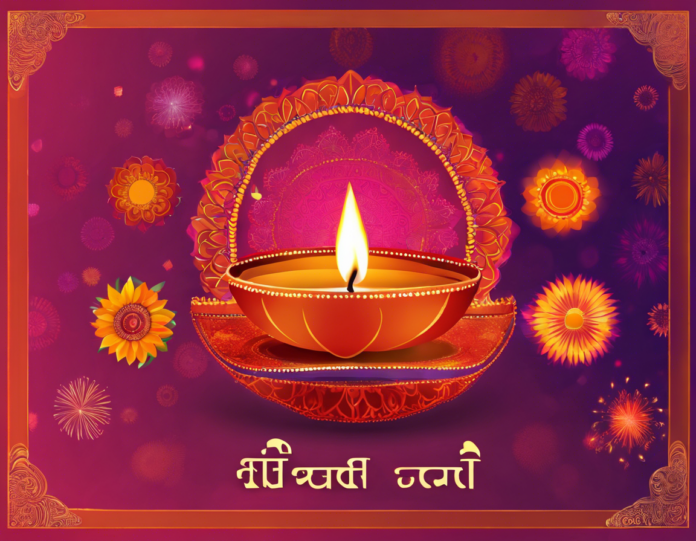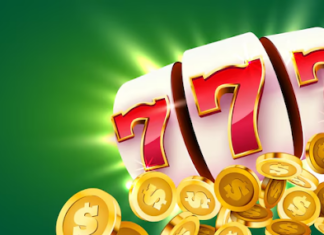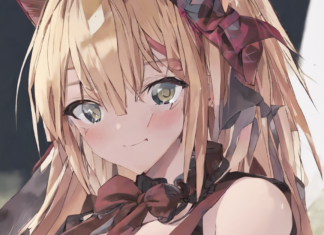Diwali – The Festival of Lights, also known as Deepawali, is one of the most vibrant and significant festivals celebrated by Hindus across the world. Symbolizing the victory of light over darkness and good over evil, Diwali is a time for joy, festivity, and togetherness. This auspicious festival usually lasts for five days, with each day holding special importance and rituals.
Origins of Diwali
Diwali has ancient roots in Hindu mythology and is celebrated for a variety of reasons. One popular belief is that it commemorates the return of Lord Rama to Ayodhya after 14 years of exile, during which he defeated the demon king Ravana. The lighting of lamps and fireworks during Diwali is said to symbolize the people of Ayodhya lighting up the city to welcome home their beloved prince.
Significance of Diwali
Diwali is celebrated to:
– Honor the victory of good over evil.
– Welcome Goddess Lakshmi, the goddess of wealth and prosperity.
– Celebrate the inner light that protects us from spiritual darkness.
Five Days of Diwali Celebrations
- Day 1 – Dhanteras: This day marks the beginning of the festival and is dedicated to shopping for gold or silver items, symbolizing prosperity.
- Day 2 – Choti Diwali/Narak Chaturdashi: This day signifies the victory of Lord Krishna over the demon Narakasura and involves the symbolic cleaning of homes.
- Day 3 – Diwali/Deepawali: The main day of celebration, where families gather, perform puja, exchange gifts, and light diyas to illuminate their homes.
- Day 4 – Govardhan Puja/Padwa: Celebrated in honor of Lord Krishna lifting the Govardhan mountain, it emphasizes the bond between humans and nature.
- Day 5 – Bhai Dooj: The day celebrates the unique bond between brothers and sisters, with sisters applying a ‘teeka’ on their brothers’ foreheads.
Traditions and Customs During Diwali
- Cleaning and Decoration: Homes are cleaned and decorated with rangoli, lights, and colorful decorations.
- Puja and Prayers: Families offer prayers to Goddess Lakshmi and Lord Ganesha for prosperity and well-being.
- Exchanging Gifts: People exchange sweets, gifts, and best wishes with loved ones and neighbors.
- Feasting: Elaborate meals and sweets are prepared and shared with family and friends.
- Fireworks: Colorful fireworks light up the night sky, adding to the festive fervor.
Eco-Friendly Diwali Celebrations
In recent years, there has been a growing awareness about the environmental impact of fireworks and excessive lighting during Diwali. As a result, many people are opting for eco-friendly celebrations by:
– Using eco-friendly decorations
– Opting for clay diyas instead of plastic ones
– Limiting the use of fireworks
– Donating to charity instead of extravagantly spending on festivities
Diwali Celebrations Around the World
While Diwali is predominantly a Hindu festival, its spirit of joy and unity has transcended cultural boundaries, leading to celebrations in various parts of the world. Countries like India, Nepal, Sri Lanka, Mauritius, Singapore, and Fiji witness grand Diwali festivities. In the United States, the White House hosts an annual Diwali celebration, reflecting the multicultural fabric of the country.
FAQs About Diwali
1. What is the significance of lighting diyas during Diwali?
Lighting diyas symbolizes the dispelling of darkness with light, both literally and metaphorically. It signifies the victory of good over evil and the triumph of knowledge over ignorance.
2. How is Diwali celebrated in different parts of India?
Diwali celebrations vary across regions in India. For example, in northern India, it is associated with the return of Lord Rama, while in southern India, it is linked to the victory of Lord Krishna over Narakasura.
3. Is Diwali only celebrated by Hindus?
While Diwali has its roots in Hinduism, it is celebrated by people of various faiths, including Jains, Sikhs, and Buddhists. Each community adds its own cultural significance to the festivities.
4. Why is it important to clean homes before Diwali?
Cleaning the home before Diwali is believed to welcome Goddess Lakshmi and invite prosperity into the household. It also signifies the removal of negativity and the beginning of a fresh, positive start.
5. How can one wish someone for Diwali in Hindi?
The common greeting for Diwali in Hindi is “शुभ दीपावली” (Shubh Deepawali), which translates to “Happy Diwali.”
Diwali represents the triumph of good over evil, light over darkness, and knowledge over ignorance. It is a time for reflection, celebration, and renewal, reminding us of the importance of spreading joy and positivity in our lives and the world around us. May the festival of Diwali bring happiness, prosperity, and light into your homes and hearts. Shubh Diwali!









